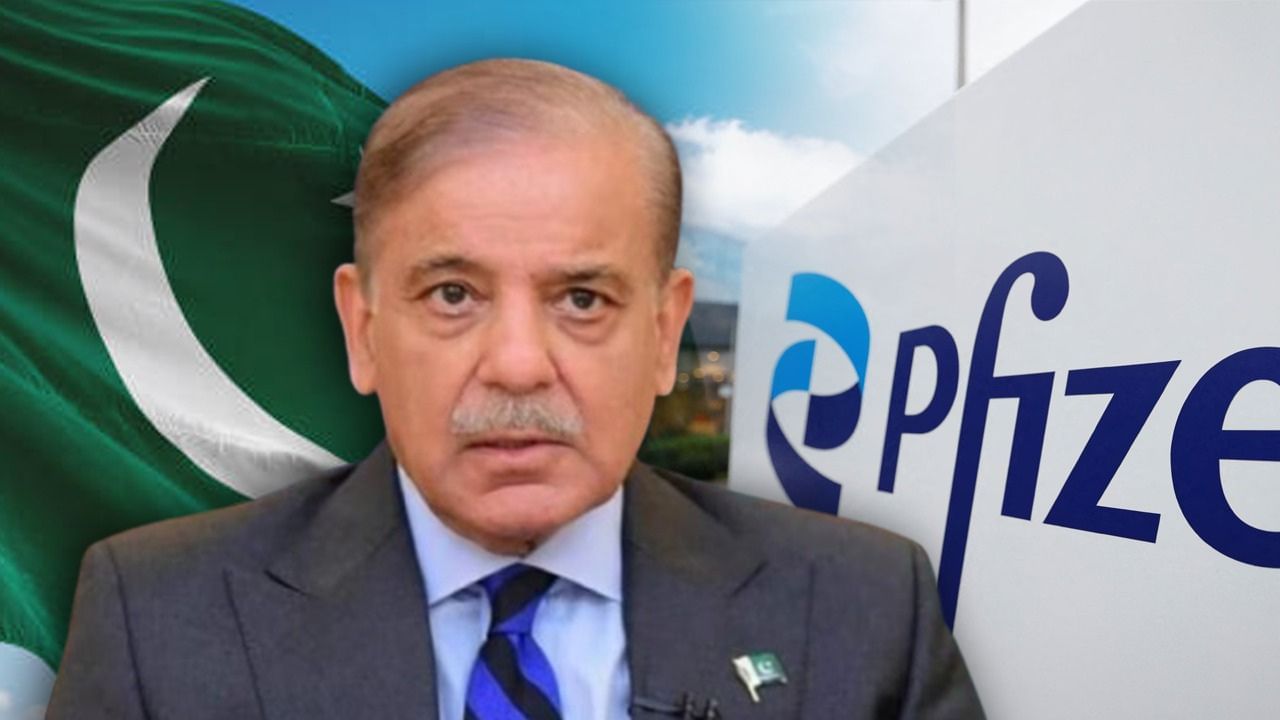Shake from Pakistan
Pakistan is suffering a major setback one after the other. Such a country is running on debt. Meanwhile, first shell and physician had stopped their business from the country. Now another veteran company Proctor and Gambal Company has announced the closure of its business in Pakistan, a few months after the announcement of the global reorganization program. P&G, which makes Tide detergent and household items, said that it will stop manufacturing and business operations in P&G Pakistan and its Razor Division Gillet Pakistan Limited. However, the company will continue to give products to consumers through other operations in this area.
P&G had stated in June that it will reduce the number of its brands and cut 7,000 jobs in the next two years. The company also reduced its guidance due to trade tariffs and weak demand. With this decision, P&G has joined the multinational companies who are reducing business in Pakistan. This is happening due to business and economic challenges like ban on profits and low demand. Two years ago, Gillette Pakistan’s revenue reached 3 billion rupees. But it was almost half in the financial year ended on June 2025.
When was the business since?
P&G started a business in Pakistan in 1991 and became the top consumer goods company in the country with brands such as pamphors, safers, aerial, head and shoulder and pantein. It increased its business by purchasing a soap plant in 1994 and a detergent plant in 2010. The company said that the third-party distribution model is the best way to provide service to consumers in Pakistan. Employees will be offered jobs or separation packages abroad.
Gillette will hold a meeting to consider steps like Pakistan’s board delisting. The company’s shares rose to a 10% daily limit to three weeks to the highest level. Referring to the high power cost, poor infrastructure and regulatory pressure, Gillet Pakistan’s former CEO Saad Amanullah Khan said that I hope that such exits will understand the government that everything is not good. They want the situation to improve so that the exit of multinational companies stop.
